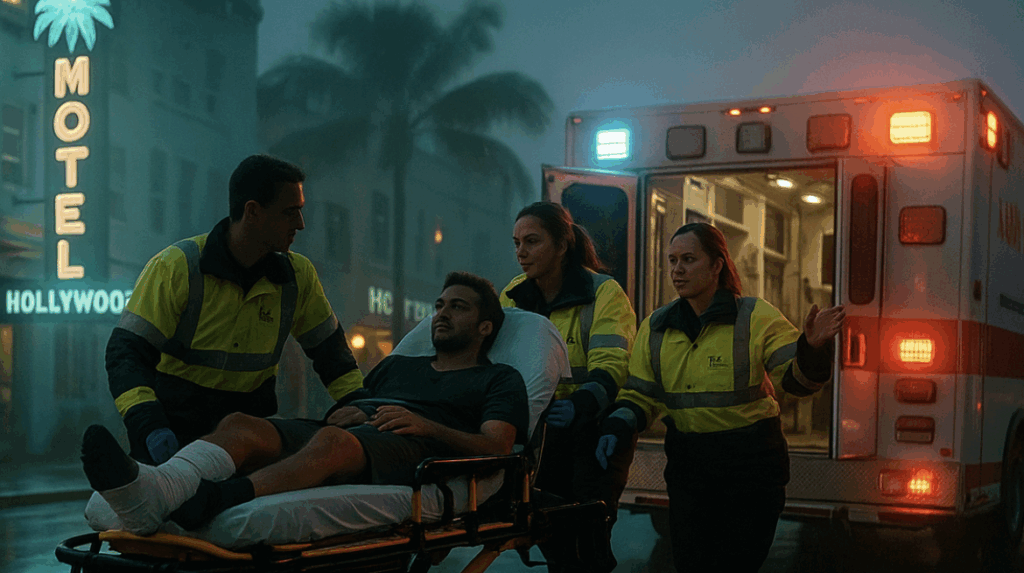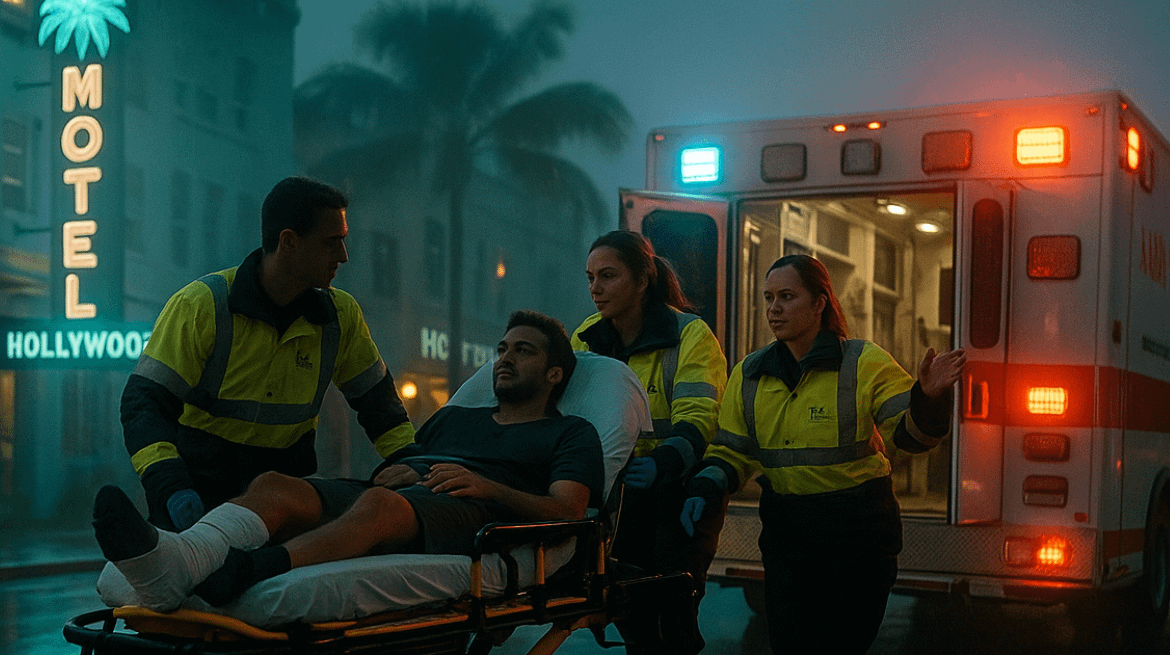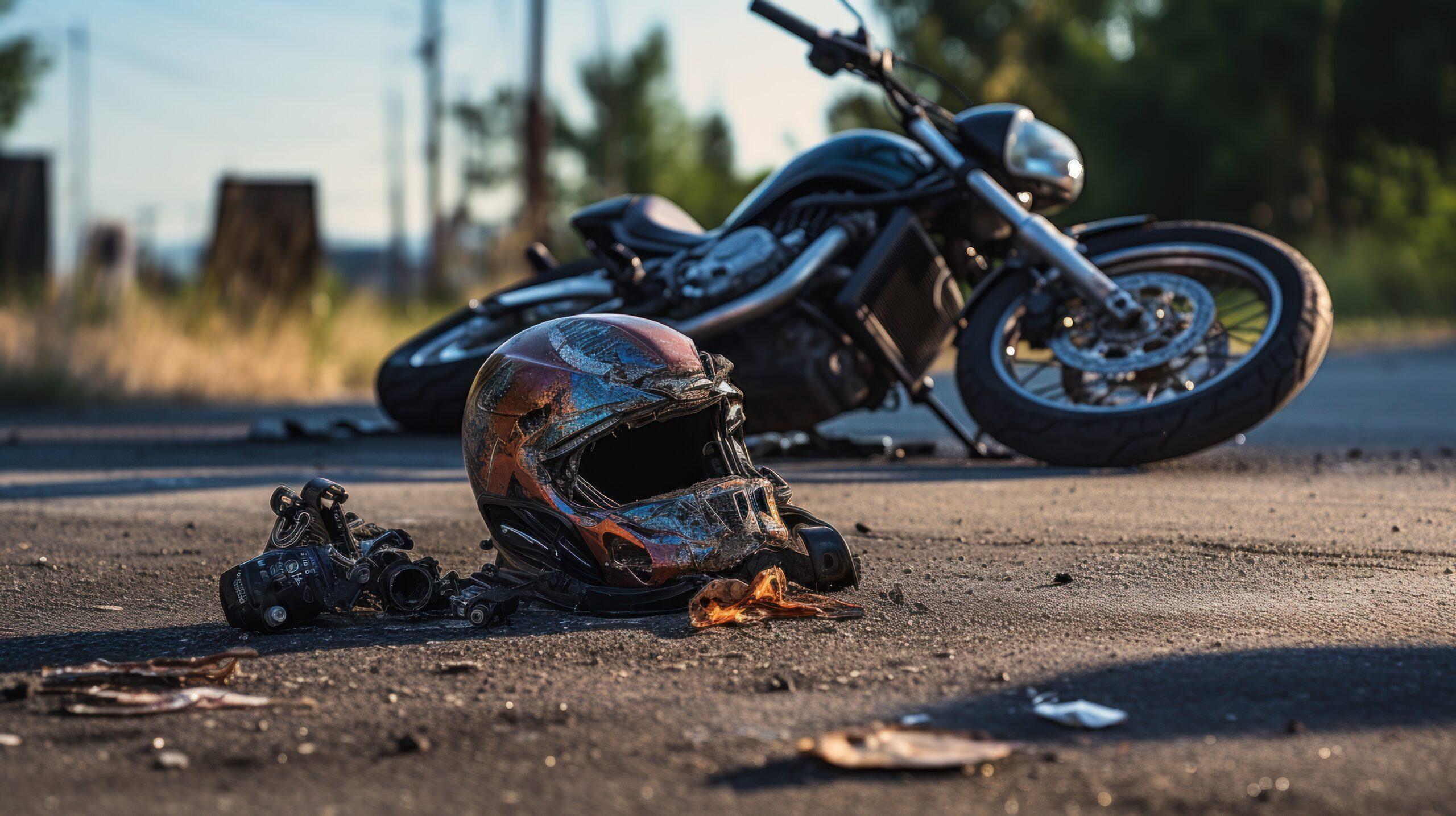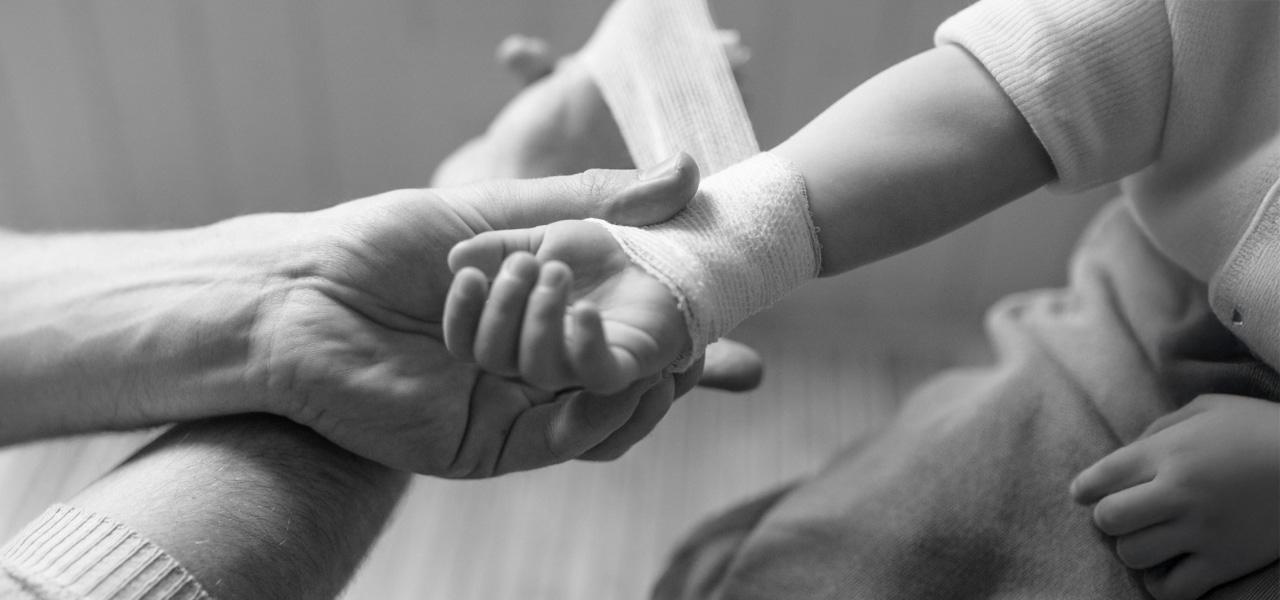Table of Contents
Trying to find a personal injury lawyer can be tough, especially if you’re looking online. There are about 80,000 lawyers in Florida, and unless you happen to know an accident attorney, you’re going to have to narrow that down to find someone who works for you.
We want to make that process easier for you. You deserve a legal team that’s going to put your needs first, and who you feel comfortable with. So let’s break it all down so you can find the best possible injury attorney for you.
What Kind of Lawyer Do I Need?
If you were injured, you want a plaintiff’s personal injury lawyer. “Plaintiffs” are the folks who file the claim or lawsuit – in this case, you – and you need a lawyer who takes injury cases. Whether your accident refers to a vehicle crash or a slip and fall (or any other event that caused you harm), start with law firms that handle these claims.
What Kind of Law Firm Do I Want?
We’ve all seen the national law firm ads: big promises, big settlements, big names. National firms have a lot of name power and a lot of money. They are generally very good at reaching resolutions quickly, and if they do have to go to trial, they have enough resources. They also tend to have bigger advertising budgets, so you’re more likely to see their commercials.
But when it comes to your accident claim, bigger doesn’t always mean better. You can benefit from a local lawyer who’s worked with folks whose stories are similar to yours, i.e. attorneys who know the physical lay of the land, and who spend a lot of time in local courtrooms. You’re more likely to work one-on-one with a lawyer when you choose a smaller firm, too. So if that’s important to you, you should consider going with a local firm.
What Does a Personal Injury Lawyer Do?
Personal injury lawyers help their clients secure compensation for medical bills, lost income, pain and suffering, and other related expenses, generally through negotiation, litigation, and arbitration.
- Negotiation: This is when we go back and forth with the insurance company of the person (or entity) who caused you harm, and try to reach a settlement for your compensation. Almost every case will start here.
- Litigation: This is where we file a lawsuit (called complaint) with the court so we can take your case to trial. Sometimes we try cases in front of a judge (bench trial) and sometimes in front of a jury (jury trial). Your case can still settle at any time, but a successful outcome here is called a verdict.
- Arbitration: This is when we agree to let a neutral third party (called an arbitrator) make the decision, and we agree to abide by it. Arbitration clauses are fairly common in nursing home contracts so there may be times where we are forced to arbitrate, though there are ways to get around them.
The skills required for each of these options are different – and we should know. Many of our attorneys started off working for insurance defense companies, which means we can use those skills to anticipate how negotiations may go, what to expect from the other side in litigation, and how to negotiate for an arbitrator who will be fair and just.
What Questions Should I Ask a Florida Accident Lawyer?
Once you’ve narrowed down your choices, it’s time to start interviewing attorneys. We think this is actually the most important part, because you need a lawyer who you will trust to represent your best interests. You’re going to be sharing quite a bit of personal information with the legal team, so you should choose someone who makes you feel safe and comfortable.
But you also want someone who’s competent, right? So here’s what you can ask to help you narrow down your options:
- What is your experience with cases like mine? Ask if they’ve handled similar accidents (car, truck, motorcycle, etc.). Cat, truck, and motorcycle claims are all a little bit different, and those claims are different from slip and falls, which are different from defective products. So make sure your attorney has handled the type of case you have.
- What were the outcomes of those cases? No lawyer has a 100% track record, but you still want someone who knows how to get a better deal, and how to win in trial. Ask them not only about their final awards, but what the initial offer was. It can tell you a lot.
- Do I have a strong case? Ask the lawyer to evaluate the basic facts and tell you honestly if you have a case worth pursuing. Make sure to tell them when you got hurt, in case it’s past Florida’s statute of limitations.
- What kind of compensation (money) can I expect? In Florida, you can sue for damages, which is the legal term for your losses. Those damages can be economic (medical bills, lost income, property damage) or non-economic (pain and suffering, emotional trauma, loss of companionship). Ask your attorney what kinds might apply to your case.
- How do you charge for your services? Most personal injury lawyers work on a contingency fee, meaning we don’t get paid unless we win or secure a favorable settlement. Confirm the percentage and ask about any additional costs, because those can add up.
- Who will be working on my case? Will your case be handled by the lawyer you’re meeting, or passed off to someone else? Will you have direct access to your attorney?
- What’s the process for a case like mine? Learn about what to expect: how long it might take, whether a lawsuit will be necessary, and what your involvement will be. Most injury cases settle, but it’s good to know if your attorney is ready and willing to go to trial if needed.
- What do you need from me right now? Ask what documents or evidence (police report, medical bills, photos, etc.) you should gather to help your case.
- What sets your firm apart from others? All firms are not created equal, as they say. You should know what makes them different from their own perspective.
How Do I Check a Lawyer’s Reputation?
Even if an attorney says all the right things during a consultation, you want to be confident they actually deliver for their clients. Here are some ways to check that:
- Read reviews and testimonials. Google, Yelp, Avvo, and Facebook can offer insights into a firm’s communication style, case results, and client service. Pay attention to themes in reviews — both good and bad.
- Look for professional recognition. Awards from organizations like Super Lawyers, The National Trial Lawyers, or Martindale-Hubbell can be a sign of peer recognition.
- Check for disciplinary actions. You can search for a Florida lawyer’s disciplinary history through the Florida Bar’s website. You want a lawyer in Good Standing with the Bar to represent you. You also want to know if they’ve ever faced any ethical complaints.
Don’t Ignore These Red Flags When Looking for an Accident Lawyer
It’s important to know what to look for, but it’s just as important to know what to avoid. Some law firms might not be a good fit, and knowing how to weed them out can save you some frustration later.
Walk away if the lawyer:
- Won’t give you specifics about their experience, past results, or process.
- Seems to have no interest in your story.
- Won’t meet with you, but insists you sign a contract quickly.
- Won’t explain how fees work (or how much they are).
- Promises you that they’ll win, or that your case is worth XX amount.
- Doesn’t have any trial experience – especially if the insurance company is refusing to pay anything.
- Doesn’t have a physical office.
We’d also caution you about these “pink” flags – subtler issues that might not be deal-breakers right away but could become problems if not addressed. Ask more questions (or walk away) if the lawyer:
- Isn’t really listening to you, because they’re just waiting for their turn to talk.
- Rushes you through the consultation or meetings, because they might be overworked (or understaffed).
- Is very new to injury law.
- Only uses a lot of legalese.
If you asked us, for example, we’d point out our backgrounds in insurance defense, our use of modern technology to keep your case moving (while also working to protect your personal data and information), our experience in accident-adjacent claims (property damage claims, insurance claims, class action claims, and more) and our courtroom readiness for every case

Why We Hope You Choose Levin Litigation, PLLC
When you’re choosing an accident lawyer, results matter, and so does the experience behind those results. At Levin Litigation, we’ve recovered significant settlements and verdicts for injury victims across Florida. Our team brings specialized knowledge in personal injury law, including complex areas like insurance disputes and class actions, so you get more than just a lawyer.
You get a strategic advantage.
We believe local advantage wins cases. We know Florida — not just the laws, but the roads, the courtrooms, the insurance adjusters, and the challenges injury victims face in our communities. We’re based here, we work here, and we fight here, not from a call center across the country.
We also have a vantage point other firms may not: many of us worked in insurance defense, so we know how the other half thinks. Add that to our use of modern technology to keep your case moving (while also working to protect your personal data and information), our experience in accident-adjacent claims (property damage claims, insurance claims, class action claims, and more), and our courtroom readiness for every case.
Levin Litigation has the resources to handle any complex litigation, and we put the full power of our firm behind every case. But we never forget what led us here: a genuine desire to help people when they need it. When you choose us, you get personalized service with a fierce commitment to results. We’ll walk you through the process step by step and keep you in the loop at every stage.
And we work on a contingency fee basis, which means you don’t pay us unless we win. No hourly rates. No surprise invoices. Just a clear commitment: if you don’t get paid, we don’t get paid.
Injured? Learn How an Experienced Personal Injury Lawyer Can Help
Ready to take the next step? Contact Levin Litigation today to speak with a Florida accident lawyer who puts your recovery first. Our team will listen to your story, evaluate your options, and explain exactly how we can help – no pressure, no upfront costs. When you’re ready to get serious about your case, we’re ready to get to work.







